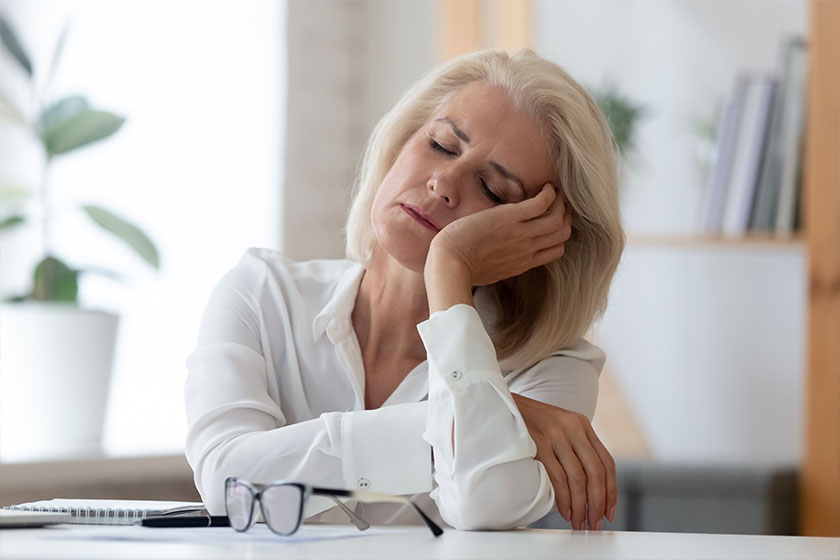Sleep requirements largely remain constant throughout maturity and adults need seven to nine hours of sleep per night. Sleep habits, on the other hand, evolve over time. Even if the total amount of sleep duration for older persons is equal to that of younger adults, much of it is kept in the light phases of sleep rather than deep slumber. Retirees typically complain about spending more time in bed tossing and turning or waking up continuously at night. Furthermore, alterations in the body’s internal clock can cause elderly individuals to get up earlier than usual. Stay on this page if you want to find out some of the causes of insomnia.
Heartburn
Insomnia is frequently caused by heartburn or gastroesophageal reflux disease (GERD). Nighttime heartburn is reported by one out of every four persons who suffer from sleep difficulties. The percentage of persons with GERD who have nighttime symptoms is significantly higher with three out of four patients having nocturnal GERD symptoms. As a consequence of their nightly heartburn, these people are more prone to have sleep disruptions and daytime drowsiness.
Depression
Most persons who have suffered from depression are aware that it is frequently accompanied by sleeping difficulties. People with the condition may have trouble falling asleep and staying asleep at night. They may also be very sleepy during the day or tend to sleep excessively. Simultaneously, sleep issues can increase depressive episodes, creating a difficult-to-break negative loop between insomnia and depression.
Menopause
During perimenopause when hormonal changes and menstrual cycles become erratic, many women tend to have trouble sleeping. Sleep deprivation is common during the menopausal transition and post-menopause. Hot flashes and sleeplessness are frequently connected with this particular stage. These uncomfortable feelings of excessive heat might occur at any time regardless of day or night. But hot flashes in the middle of the night are frequently accompanied by sudden awakenings.
Urinary Incontinence (UI)
UI becomes increasingly common as women become older, and women over the age of 50 are more likely to be screened with urgency UI. The bidirectional link between sleep and nocturia is complicated, especially among the elderly, and determining the cause of waking is difficult. Patients frequently remark that they awoke to use the restroom, but they cannot be convinced that it was the need to urgently urinate that caused them to wake up.
Restless Leg Syndrome (RLS)
RLS disrupts sleep by triggering symptoms when your loved ones lie down and try to rest. The majority of RLS sufferers have trouble sleeping and maintaining sleep. The intensity of the feelings varies from unpleasant to annoying and agonizing.
The only method to get rid of the pain is to move their legs. Not only do the sensations happen at night, but they also happen when the person is relaxing or sedentary. Symptoms usually intensify in the evenings and late into the night, and are eased for a brief period when the sun rises.
Insomniacs are more prone to experience stress, cognitive, and memory issues as they age. Inadequate sleep can also increase the risk of significant health disorders like diabetes, heart disease, and overall weight gain. It’s thus important for caregivers to take the right steps to improve their loved one’s sleep issues.







